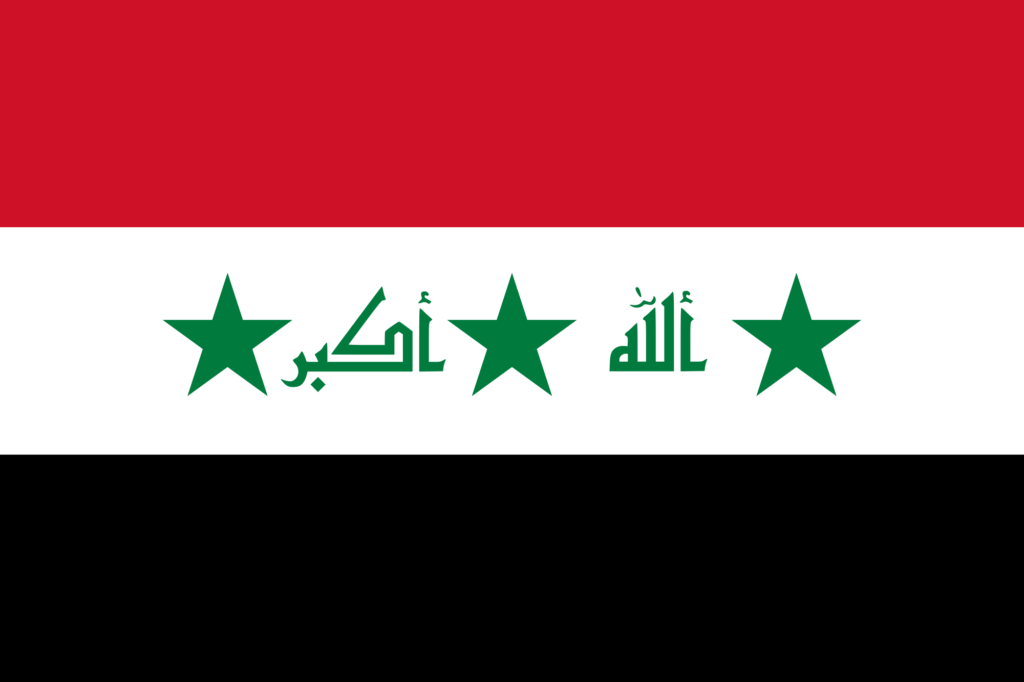What is happening nowadays in Iraq and Syria is due to decades of conflict between two major axes, Iran and the Arab group.
It began with the 1979 Iranian revolution and continued with threats to change regimes of regional countries by force under the title of exporting Islamic revolution, followed by the Iran-Iraq war that lasted eight years.
The war eased for only two years then Iraq invaded Kuwait, triggering international intervention that led to the emergence of al-Qaeda and then the ISIS terrorist group.
I believe it is an interconnected disorder that has been ongoing since 1979 until today, and the turmoil will continue as long as regional powers are unable to create a political or military balance via agreements.
We must understand the logic and motives behind Tehran’s desire to maintain the struggle in Iraq, the Gulf, Syria and Palestine.
Iran wants to expand as it sees that on its western borders there are the world’s oil-rich countries such as Iraq and Gulf countries.
It acknowledges the fact that the West will not easily accept to abandon these countries that are important energy sources. This is why Tehran’s regime has attempted to dominate in different ways and has not succeeded much until recently.
ISIS certainly serves Iran, which joined the Western and Russian coalition under the flag of fighting terrorism.
Iraq is the most important country for Iran because it is its western gate, and Iran will only be able to control Iraq by dominating it indirectly.
Iran played different roles to convince the United States that it would be a beneficial partner in Iraq by helping it solidify security. During the administration
of U.S. President George W Bush, it was the only country, maybe except for Jordan, that cooperated with Washington then.
At the same time, Iran used different methods to destabilize Iraq.
Along with its ally, the Syrian regime, Tehran enabled al-Qaeda and armed Iraqi opposition groups to sneak from Syria into Iraq to sabotage the security and political situations and inflict losses in U.S. troops.
When Barack Obama became president, he withdrew all U.S. troops thus leaving Iraq open to Iranian intervention, at the time when armed groups like ISIS reemerged.
Today, Iran’s regime is in Iraq under the pretext of protecting it from ISIS, which is controlling Mosul and a number of Iraqi cities and provinces thus forming a threat.
Is Iran part of the turmoil in Iraq to stay in the country? No doubt it is, as Tehran supports certain Shi’ite groups against others. It is also behind the establishment of the Popular Mobilization Forces militia as a competitor to Iraq’s army to weaken the central government.
I believe that Iran is one of the masterminds behind ISIS, but it is difficult to prove that. Iran is the only party benefitting from ISIS, whose threats gave Iran an excuse to enter Iraq and manage the battles against the terrorist organization, bragging that if the Iranian National Guards did not interfere, Iraq could have been under ISIS’s rule by now.
ISIS is a reflection of al-Qaeda, which emerged during the U.S.-led occupation. Back then, al-Qaeda succeeded in sabotaging the political project, allowing pro-Iran groups to dominate in Baghdad.
Saudi ambassador to Iraq, Thamer al-Sabhan, recently said: “Someone is trying to create a rift in relations between Saudi Arabia and the different components of the Iraqi people.”
He means Iran, and this is the first time an official statement reflects the Saudi-Iranian struggle in Iraq.
Struggle between the two countries happens for different reasons as Tehran wants to dominate Iraq and its resources, but Saudi Arabia wants to protect its borders and halt Iran’s expansion.
The Saudi presence in Iraq was delayed for years because Riyadh rejected participating in the U.S.-led occupation and the establishment of the new Iraqi government.
Tehran, however, cooperated with the Americans, and in exchange it gained influence that resulted in the current status.
Saudi Arabia’s interest matches that of the Iraqi people, which is represented in having a country free from foreign domination and in control of its own water and oil resources.
Saudi Arabia and other Gulf countries are rich and do not need to control Iraq. Instead, they want a regime that does not resemble Saddam Hussein’s and is not a puppet for Iran.
Gulf countries are now aware that the spread of ISIS and al-Qaeda in Iraq, Syria and Yemen targets them first, and that countries such as Iran benefit from these extremist groups and use them to weaken the region’s powers, interfere in their affairs, and build international alliances to serve their goals.
